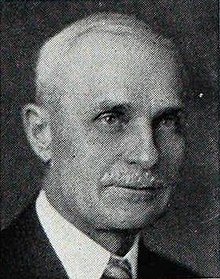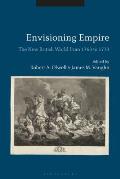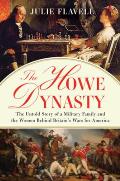“Grant they may all hang together”
Other phrases we often now attribute to a particular Founder, such as “Facts are stubborn things” and “A penny saved is a penny earned,” turn out to have been common aphorisms.
The hallmarks of such sayings seem to be:
- There’s a standard wording, with only slight variations.
- That wording shows up multiple times in the written record.
I couldn’t find further examples in a search of colonial American newspapers. Now I might not have hit on the right wording, but that suggests the wordplay hadn’t cemented itself in the language yet.
I did find jokes using the “hang together” phrase, but not in the context of a warning for unity. For example, on 14 Sept 1779 the Norwich Packet reprinted an essay from the Connecticut Courant that included this passage:
But that Congress should be ass-riden with a junto, is a matter that wants proof. This junto, by your account of it, is as full of wonders as the beast in the Revelations is of horns, and near as powerful. It consists, you say, mostly of New-England men; who we know are elected not without regard to their religion as well as their politics: Yet they are here combined to vote alike in all cases, let oath and conscience go where it will, and let the public interest go where it will. They are to take care of themselves and connections, and at all events hang together; and if all this is true they ought all to hang in one halter; and I should have no objection, Sir, if you crave the jobb, to your being hangman.On 8 Sept 1785 the New-York Packet printed this “BON MOT.”:
A SCOTCH Parson in the Rump-time, in his prayer, said, Laird bless the grand council, the parliament, and grant they may all hang together.That joke appears to blame the Scottish clergy, or Scotsmen in general, for supporting the ongoing Long Parliament of 1648–1653. In fact, Scotland was politically wary of that English Parliament and its policies, and Oliver Cromwell invaded the kingdom to keep the Scots from providing a haven for Charles II. However unfair, that joke was reprinted in other American newspapers for years afterward.
A country fellow standing by, said, Yes, yes, with all my heart, and the sooner the better; and I am sure it is the prayers of all good people.
But friends, said Sawney, I don’t mean as that fellow means, but pray they may all hang together in accord and concord.
No matter what cord, replied the other, so it is but a strong cord.
A variation appeared in The Paragon Jester; Or, The Polite Wit’s Museum, published in Southwark, London, in 1798:
Hugh Peters being to preach a sermon to one of the companies of London, and desired therein to exhort them to love and unity; he concluded his sermon with a wish that they might be all joined in concord, accord, or any cord, so that they might all hang together.This version lampooned an English preacher who supported the Puritan Parliament, Cromwell, and the execution of Charles I. The Rev. Hugh Peter was himself executed for treason in 1660, making him a safe target for this joke a century later.
In sum, while eighteenth-century British and American writers did craft jokes using the double meaning of “hang together,” there doesn’t seem to have been a pithy saying with that phrase. In particular, we don’t have evidence of the phrase being used with the political alternative of hanging separately.
Two people who were in Philadelphia in 1774 and 1775 (Alexander Graydon and John Adams) later said Richard Penn came up with the resonant witticism, and Carter Braxton wrote it down (crediting “a Wit”) in 1776. So that looks like the origin of the joke, even if Benjamin Franklin ended up with most of the credit.



















